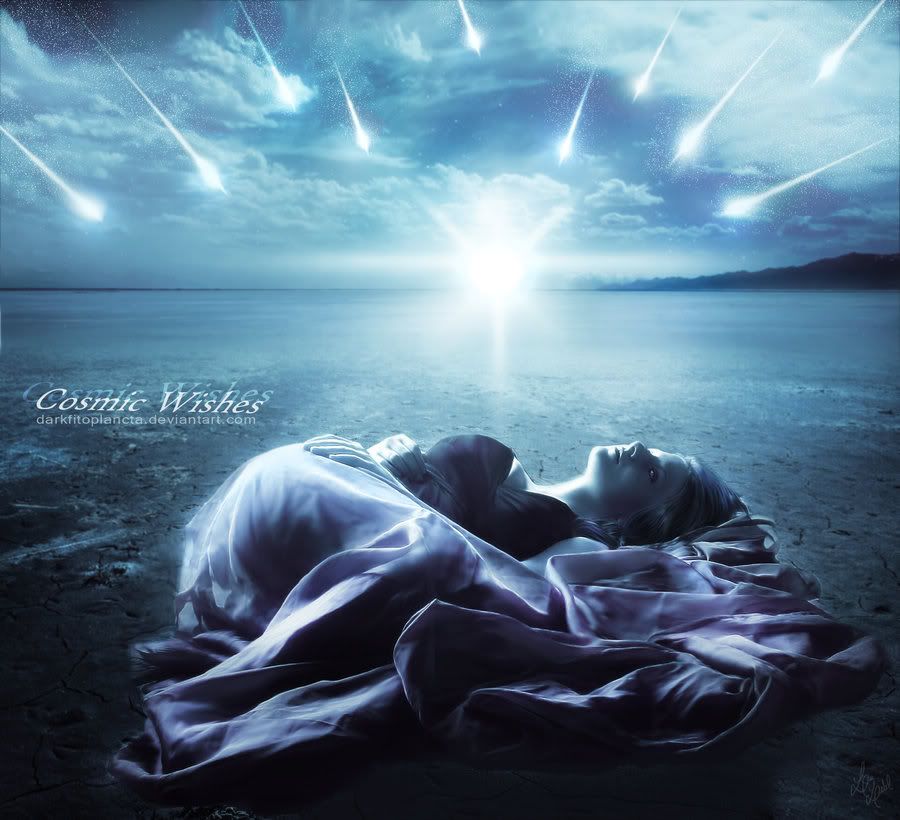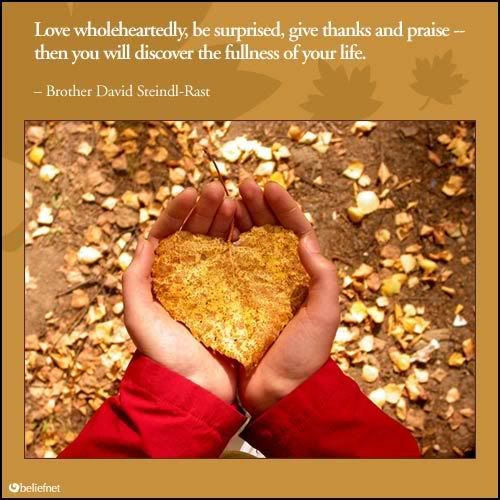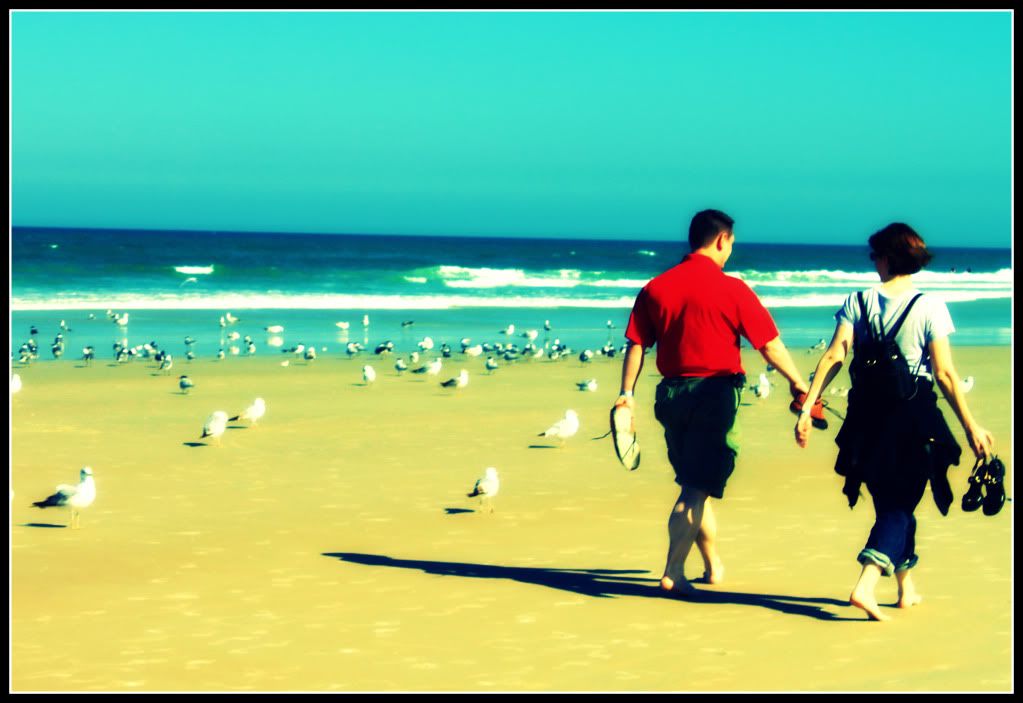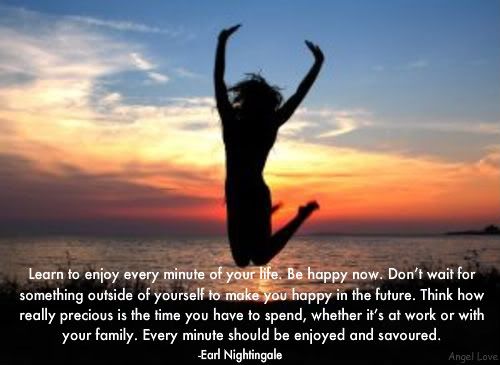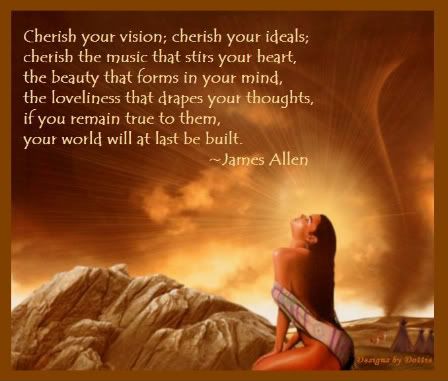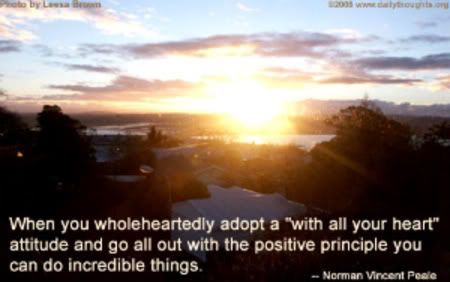by Gina Lake -
The mind is useful in making distinctions between things, finding differences and evaluating them. The ego loves to use that mental capacity to compare things and people.
It loves numbers because numbers seem to give it a clear way of knowing where it, others and other things stand—what or who is better. The ego loves the ten-scale for that reason and it’s always seeking to be a ten or have someone or something that is a ten. The ego is just as happy to bask in reflected glory.
The mind uses comparisons to make wise, practical decisions:
It chooses an apple that isn’t bruised over a bruised one. However, the egoic mind compares people in the same way the mind compares things.
Comparing an apple to another apple is one thing, but comparing a person to another person is like comparing an apple to an orange. Such comparisons aren’t useful. They are false. When we compare ourselves to others, we always suffer, whether we come out on top or not.
Making Comparisons
Making comparisons is one of the ego’s favorite ways of causing suffering.
The ego looks for ways we fall short so that we feel we have a problem and then the ego offers a solution. In this way, the ego keeps us tied to thoughts about how to improve ourselves and our life.
It keeps us very busy this way and involved with thoughts about ourselves. We are the ego’s project and it takes this self-improvement project very seriously.
Notice how often your egoic mind compares you with others.
It does it immediately and automatically whenever it encounters someone. This is part of everyone’s programming.
Once we realize that doing this is just our programming and that it only causes us suffering, we can more easily ignore this aspect of ourselves that loves to compare.
It isn’t that difficult to ignore this programming. Comparing ourselves with others or comparing others with others is a habit that can be broken just by seeing how untrue and useless such comparisons are.
Nothing actually compares to something else because everything is unique.
While there may be some usefulness in comparing an apple to another apple, there’s no usefulness in doing that with people.
The ego pretends to be helpful by doing this with people but such comparisons only serve the ego, which is attempting to see itself as superior or find a way to get to the top.
These attempts to be or just feel, superior leave us feeling bad. Feeling superior, especially by tearing others down is definitely not a route to happiness, although the ego believes it is.
Being In Essence
Feeling happy and good about ourselves comes from being in Essence, which is a state of unity with others and life not separation.
We are happiest when we drop into the flow of life and respond naturally to it without the interference, judgments, confusion, comparisons, and complications of the egoic mind.
The ego separates us from others and listening to it removes us from real life. The ego doesn’t know how to make us happy or even successful.
Giving power over to the ego is like giving the steering wheel to a child.
The ego doesn’t know how to get us where we really want to go, even though it pretends to.
Comparing people is as ridiculous as the following conversation:
- “Apples are better than oranges because you don’t have to peel them.”
- “No, oranges are better than apples because they’re juicier.”
- “Apples are better than oranges because red is prettier than orange.”
- “Oranges are better than apples because they are already in sections for eating.”
- “Apples are better than oranges because they are crunchy.”
- “Oranges are better than apples because you don’t have to wash them.”
You get the picture. The trouble with comparing people, as with oranges and apples, is not only that comparisons are often subjective and reflect a personal preference (e.g. “Red is prettier than orange”), but also that concluding something or someone is better based on one feature is ridiculous.
How can anyone take into account or even know all the qualities of another human being and who is to say one characteristic is better than another?
The ego, of course, is what thinks this way, and it will look for something in others that will make us feel either less than or superior because that is its objective. That’s what its comparisons are really all about.
Gratitude
Once we have seen how faulty the ego’s thinking is and how false comparisons are, we can be done with that way of thinking and the suffering it causes ourselves and others.
Oranges are wonderful, apples are wonderful, we are wonderful and so is everyone else.
Let’s just leave it at that and enjoy whatever is in front of us. Why waste this precious moment on comparisons? What’s left is simply gratitude for the uniqueness of every little thing in life. What a miracle!









